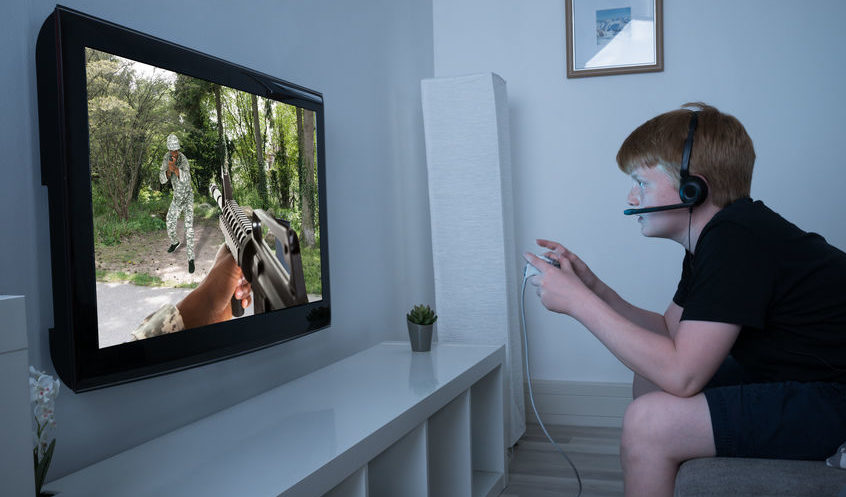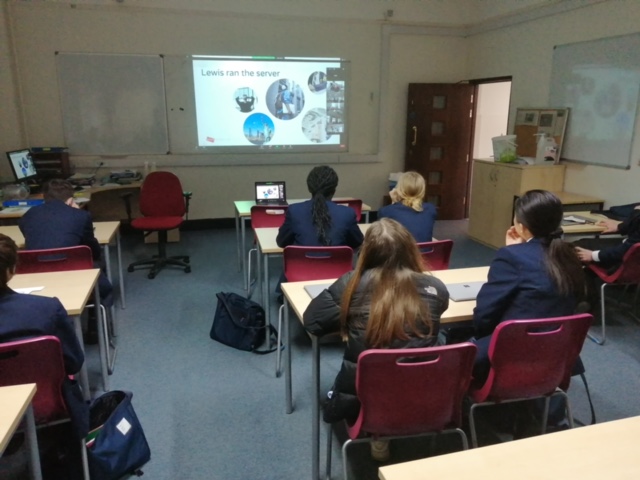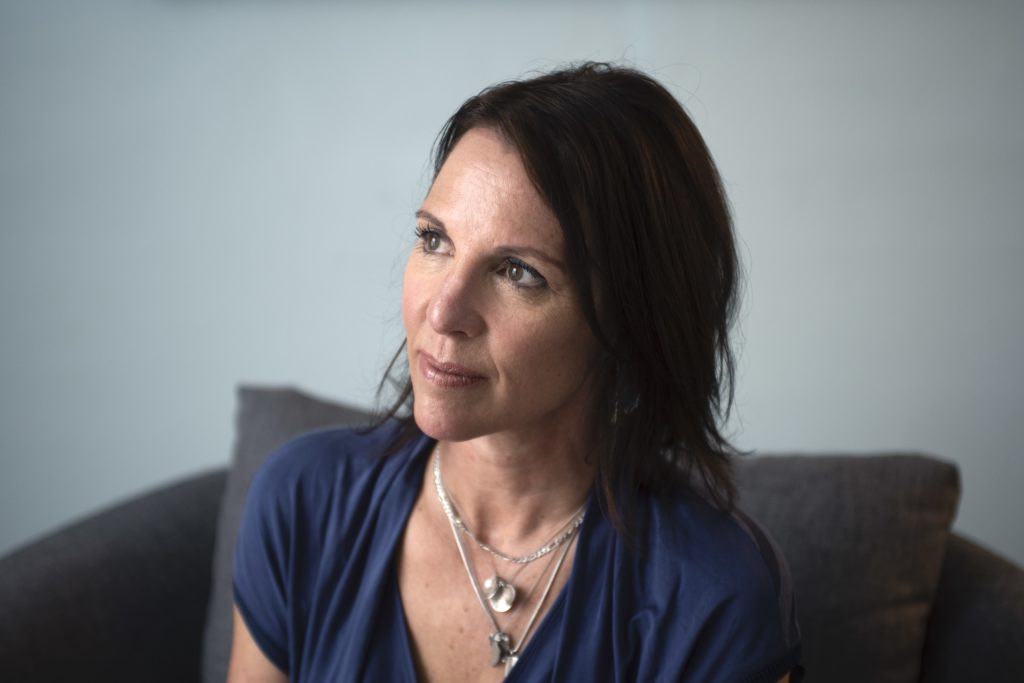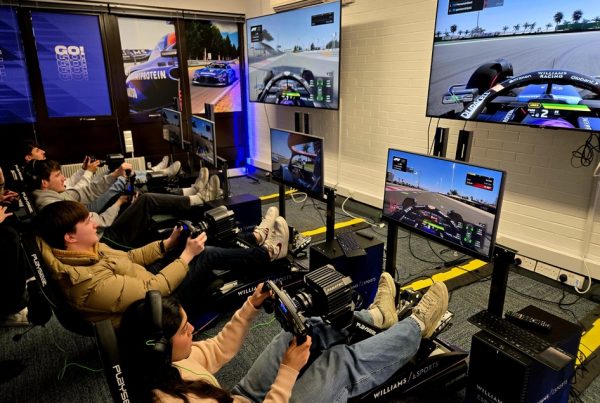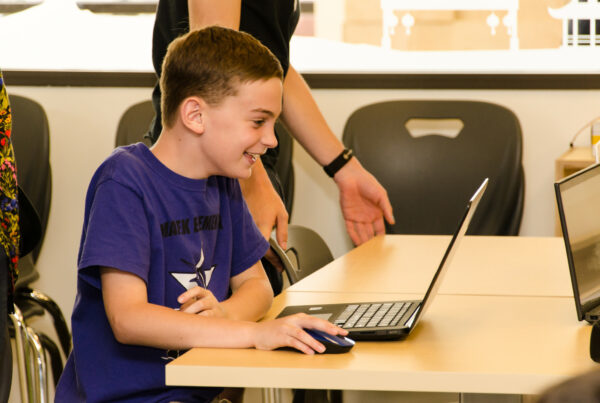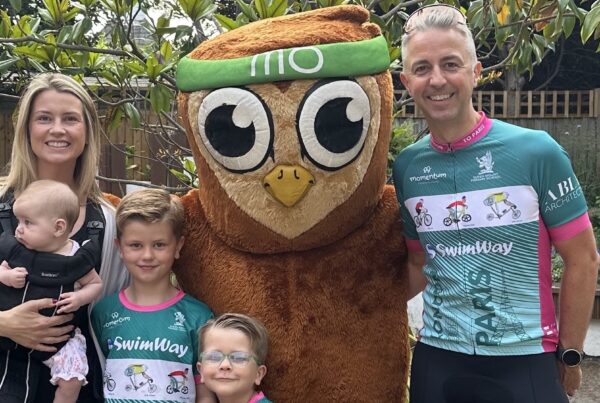As we start to shift tentatively out of lockdown, most of us are looking forward to putting down the screens, spending more time with our friends face-to-face, and enjoying a slice of normality. It’s time to start talking more about how to prevent online grooming from becoming the next pandemic.
At the Breck Foundation, we are watching carefully to see how children in particular handle these next few months. Over the past year we have seen a huge upswing in the number of concerned parents who have contacted us about their children’s online lives, with worries ranging from the number of hours spent on screens to concerns that their children are being groomed by online predators. The dangers of online grooming have certainly increased – the recent Government White Paper on online harms noted that 47 per cent of children have seen something online during lockdown that they wish they hadn’t.
Breck’s story
Our charity was formed in 2014 after the tragic murder of Breck Bednar. Breck was groomed online by a man he met while gaming; despite his mother’s many attempts to intervene Breck was eventually lured to the predator’s flat where he was killed. Our charity speaks to children, young people, teachers, safeguarding professionals and parents about how to keep safe online while still enjoying everything the internet has to offer. We use Breck’s story as the ‘backbone’ of the talks to make it relatable and to date we have spoken to hundreds of thousands of people across the UK.
Last year was our busiest year. Soon after the first lockdown we realised we needed to adapt our presentations so that they could be delivered to schools and homes via Zoom, Teams and Google Classroom, because now more than ever children need to hear our messages. This is a key time – with all of us spending more time online and with parents torn between working from home and keeping on top of home school, there have been multiple opportunities for predators to groom and connect with young people. It is only in the coming months that we will see these groomings play out, as young people are tempted to meet or further connect with the predators.
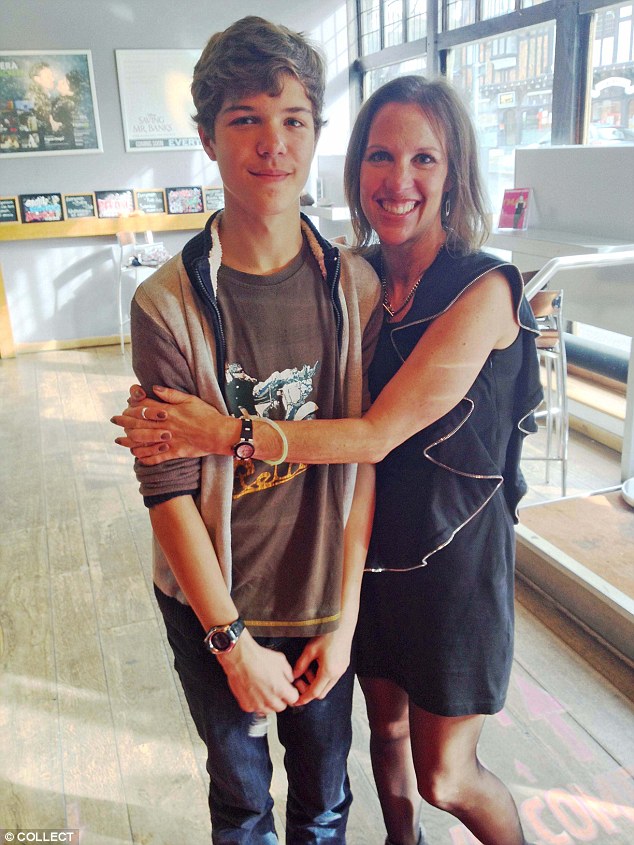
Breck Bednar, who was groomed online and subsequently murdered, and his mother, Lorin 
Year 9 pupils at an Oxford-based school watch a presentation on internet safety from the Breck Foundation, March 2021 
Lorin LaFave, Breck’s mother and the founder of the Breck Foundation. Photo by Elizabeth Vickers
Groomers are tricksters
Online grooming is essentially a trick – a groomer will befriend a child and make them feel connected with and listened to, finding ways to win their trust before they then attempt to exploit or hurt them. This means that grooming is much harder to detect in its early stages because it ‘feels good’ to the child. Luckily, there are telltale signs or ‘red flags’ that would indicate a young person was being groomed, which it is important for parents to be aware of, particularly when several of these are seen at one time. They include:
- Behavioural changes – a child may become defiant, anxious, withdrawn or depressed.
- Secrecy – a groomed child will hide what they are doing online and may refuse to show devices or lock themselves away in a room.
- Gifts – groomers commonly use gifts to win a child’s affections. They can be tangible like new trainers, a phone or even a meal at a fast-food outlet, or they can be virtual – coins for an online game, free passes etc.
- Isolation – a groomer will always want to isolate the child away from the influence of friends and family. This is done online by taking the child to a private chat room away from public conversations.
- Risk-taking – a groomed child will take more risks than normal. They are unable to assess dangerous situations simply because they have been groomed into thinking differently. In Breck’s case he got into a taxi to go to the predator’s house because he truly believed that the predator was a friend and so could not see any risk.
- Control and manipulation – a groomed child will show signs of being controlled by someone else – perhaps speaking in new ways or seeming to not act out of their own free will.
Intervene as soon as you suspect anything
Early intervention is important. There are so many possible outcomes of grooming (see accompanying box) and none of them are good for young people. Social media is a hotbed of grooming activity; county lines gangs for example often use ‘lifestyle’ accounts on Instagram to portray a desirable, aspirational lifestyle that interests young people and gets them following and ‘liking’; this then starts a conversation and can lead to the young person being groomed.
There is plenty of help available online. Aside from education, which is our primary focus (please do join us at Breckfoundation.org to request a speaker for your school or to sign up to our newsletter!), there are many websites that can help parents. CEOP is a website where you can report anything or anyone suspicious, illegal or threatening (and this can be done anonymously if you prefer). The website Internet Matters has a fantastic set of resources for parents written in very clear steps to help set up consoles, use blocking and reporting features and so much more. Websites such as NSPCC and thinkuknow.co.uk have great videos and games for children that explain aspects of online safety in age-appropriate and thoughtful ways.
Ultimately, the more people know and can recognise the signs of grooming, the more we can act as a community to intervene and save someone when we see things are going wrong. For Lorin, who still heads up the charity even seven years after Breck’s death, the motivation is simple – if Breck had seen a talk like the ones we give in schools on a regular basis, she believes he would still be alive today.
Sign up to our newsletter, and use our postcode checker to see if your child’s school is eligible for a free talk.
Different grooming outcomes
Grooming is not always a sexually motivated crime, though it is often portrayed as such by the media. There are many possible outcomes. At the Breck Foundation we concentrate on spotting the signs of grooming so that we can stop the grooming before it progresses to any of these outcomes.
Sexual abuse – often involving drugs or alcohol
Sextortion – tricked into providing sexual images and then blackmailed to provide more images
Radicalisation – into extremist and far right groups
Drugs gangs and County Lines – targeting young children to deliver drugs/money to the counties around big urban centres such as London and Manchester


